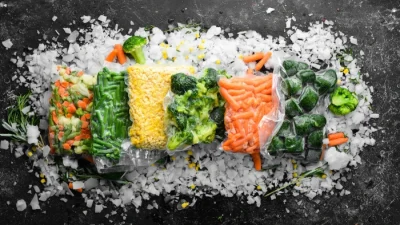Keep Your Teeth Healthy With The Ketogenic Diet
Warning: Undefined variable $post in /home/dietofli/public_html/wp-content/plugins/code-snippets/php/snippet-ops.php(584) : eval()'d code on line 3
Warning: Attempt to read property "ID" on null in /home/dietofli/public_html/wp-content/plugins/code-snippets/php/snippet-ops.php(584) : eval()'d code on line 3
The estimated reading time is 3 minutes
Warning: Undefined variable $post in /home/dietofli/public_html/wp-content/plugins/oxygen/component-framework/components/classes/code-block.class.php(115) : eval()'d code on line 3
Warning: Attempt to read property "ID" on null in /home/dietofli/public_html/wp-content/plugins/oxygen/component-framework/components/classes/code-block.class.php(115) : eval()'d code on line 3
Everybody wants a bright white smile. Did you know that what you eat determines the health of your teeth? A diet filled with refined carbohydrates will wreak havoc on your teeth, bringing gum disease and stains. Changing your meal plans to a ketogenic lifestyle ensures that your teeth stay white and shiny.
How Ketosis Works
Your body breaks down the carbohydrates you eat into glycogen to fuel metabolic function. However, ketosis is a metabolic state where your body uses fat as its fuel source.
Becoming Ketogenic
To enter the ketogenic state, you abstain from eating carbs completely. The keto diet requires you to obtain 90% of all your calories from healthy fat sources such as monounsaturated fat and Omega-3 EFAs. The balance of calories comes from lean protein sources.
During the first 5-days after starting the diet, you’ll notice a significant drop in energy levels that leave you feeling fatigued. As your body depletes glycogen stores in your liver and muscular system, it begins to enter a survival mode.
As you progress with the diet, you’ll notice that you begin to drop body weight as the excess water and bloat leave your body. It’s common for people to lose up to 10% of their body weight in the first weeks after starting the diet. On the third to fifth day after eliminating carbs from your diet, you’ll wake up in the morning feeling full of energy.
At this stage, your body will have switched to a ketogenic state. In ketosis, the liver produces ketones from dietary fat sources and body fat deposits. In ketosis, ketones fuel metabolic function instead of glycogen. As long as you abstain from eating carbohydrates, you’ll remain in the ketogenic state.
Approved Foods for the Ketogenic Diet
Here is a list of foods recommended for use in the keto diet, write out a shopping list and head to the grocery store to prepare for your keto diet.
Healthy fat sources
- Deepwater fish such as Bluefin tuna, mackerel, and salmon.
- Nuts – Pecans, almonds, cashews, and walnuts are best.
- Oils – Extra-virgin olive and coconut oils, MCT oil, and red palm oil.
The Benefits of Ketosis for Teeth
Ketosis has a remarkable effect on gum health. A ketogenic diet reduces systemic inflammation by improving the health of the micro-biomes that reside in your gut. This improvement in inflammatory markers allows your gut bacteria to assimilate more nutrition from your food and distributes more of the vitamins and minerals found in your meals into your blood.
If you suffer from sore gums and sensitive teeth, give the ketogenic diet a try. You’ll notice that the pain and irritation of gum disease dissipate in a few days. As a bonus, going keto means that you won’t be eating any sugar, which is the mortal enemy of teeth. After a few weeks, go for a checkup at Southcentre Dental Centre and view the results for yourself.
Wrapping Up – Keto isn’t for everyone
Skip the sugar and refined carbs and give ketosis a try. You’ll notice the effects within a week, and after two weeks you’ll be in a position to evaluate the impact of the diet on your health. Ketosis doesn’t agree with everyone, so if you feel you function better with carbs, introduce them back into your meals and your body will revert to gluconeogenesis immediately.














